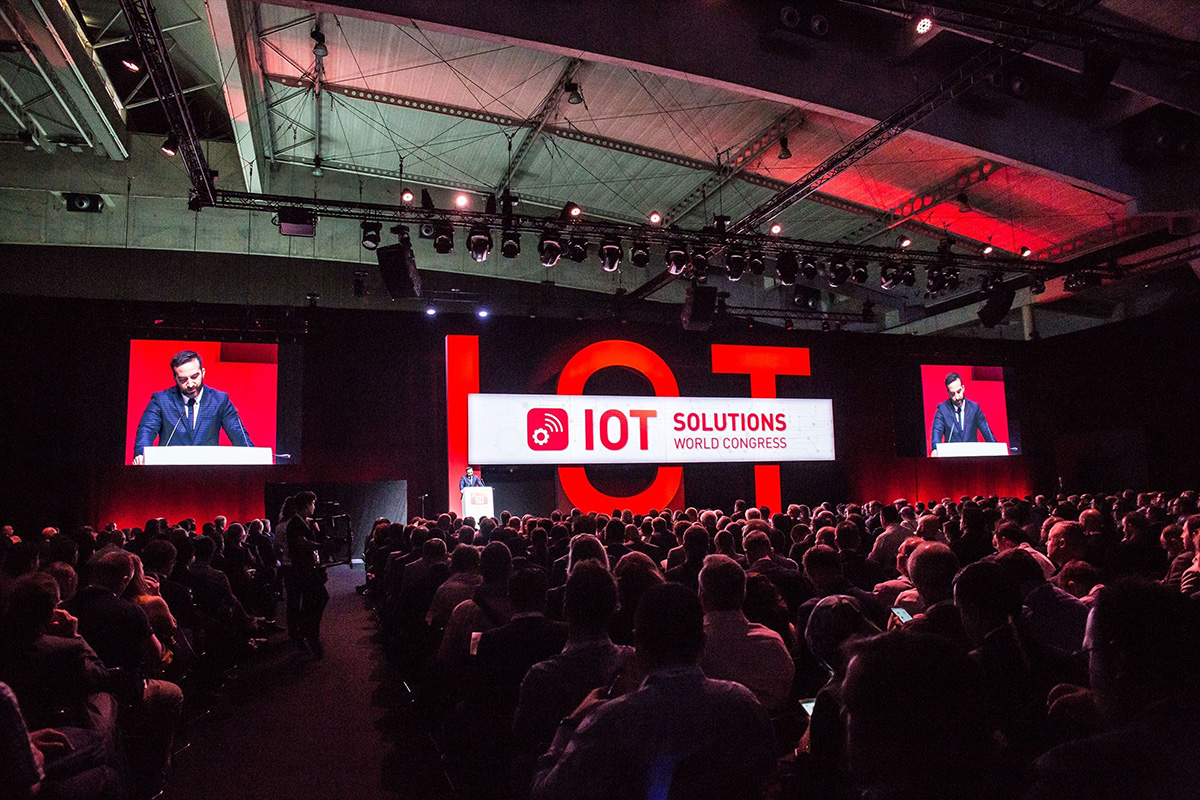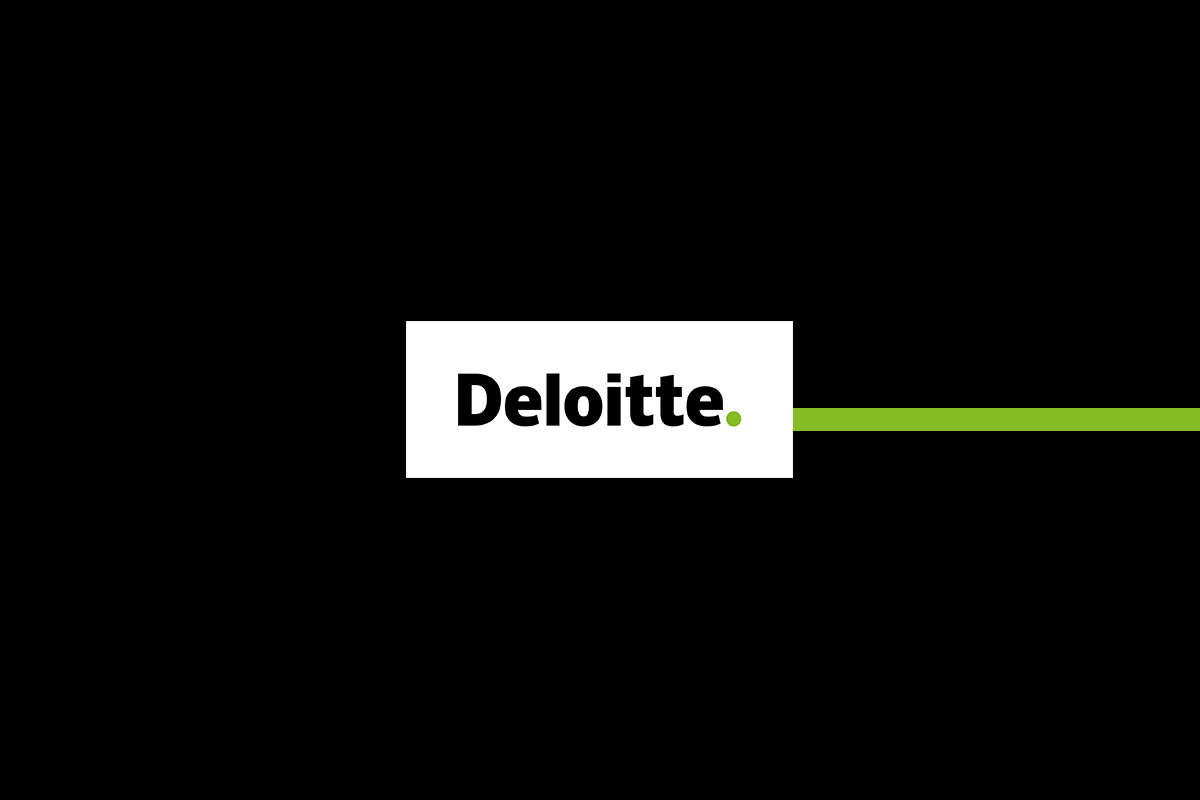Deloitte today released its “2021 Technology, Media & Telecommunications (TMT) Predictions,” which highlights how worldwide trends in TMT may affect businesses and consumers worldwide. In addition, the report highlights how many of these trends are being driven by the global pandemic’s economic and societal impacts, resulting in growth for cloud technologies, the intelligent edge, media segments such as sports and the shift to telemedicine.
“If we’ve learned anything during this challenging year, it’s how critical technology, telecom, media, and entertainment innovation is for business continuity, keeping in touch with friends and family, appreciating new ways to entertain and learn, and taking care of our health,” said Kevin Westcott, vice chairman and U.S. Technology, Media & Telecom leader, Deloitte LLP. “The pandemic will continue to shape business strategies in 2021, and consumers will expect faster, more reliable and safer user experiences. TMT companies that can address these customer needs, while rebuilding their industries for growth, will likely emerge as leaders next year and beyond.”
The pandemic drives cloud growth
By some metrics, the cloud market grew even faster in 2020 than in 2019. According to the TMT Predictions report, this was driven by increased demand due to COVID-19, lockdowns and the work-from-anywhere business environment. Deloitte predicts that revenue growth will remain greater than 30% for 2021 through 2025 as companies migrate to the cloud to save money, become more agile and drive innovation.
Unleashing Industry 4.0 with the intelligent edge
The intelligent edge—the combination of advanced wireless connectivity, compact processing power and AI, and located near devices that use and generate data—is already animating some of the largest technology and communications companies on the planet. Deloitte predicts that in 2021, the global market for the intelligent edge will reach $12 billion, continuing a CAGR of around 35%. That increase is being driven primarily by telecommunications companies and their expanding 5G networks, along with hyperscale cloud providers. These highly capitalized, trailblazing leaders may make it easier for companies across multiple industries to attain the intelligent edge.
“Many of our technology predictions emphasize a reliance on virtual innovation driven largely by the pandemic – remote working, digital transformation and cloud migration have all accelerated faster than we expected,” said Paul Silverglate, vice chairman and U.S. technology sector leader, Deloitte LLP. “But one prediction we’ll be keeping a very close eye on, driven primarily by the expansion of 5G networks and the rise of artificial intelligence, is growth of the intelligent edge. By bringing powerful computing capabilities closer to where data originates, the intelligent edge unlocks the potential for faster, less expensive and more secure operations in everything from autonomous vehicles to augmented reality to the Internet of Things—helping to realize the promise of Industry 4.0.”
Women and tech transform sports
While the number of sporting events slowed during 2020, the potential for growth ultimately did not. Deloitte predicts that two major trends in sports — the increased monetization of women’s sports and the use of digital to create a hyper-quantified athlete — will continue their upward trajectory. Women’s sports are now on track to be worth more than a billion dollars in the years ahead. Its ability to generate substantial TV audiences, deliver value to sponsors and draw fans has been demonstrated on multiple occasions over the past decade.
Another ongoing shift in sports involves the use of athlete data collection and analysis. With this data becoming increasingly real-time, it is now possible to measure indicators inside as well as outside the body, creating hundreds of new metrics to feed into decision-making, which creates the digital athlete. With the hyper-quantified athlete offering such strong potential, Deloitte predicts that by the end of 2021, multiple professional sports leagues will establish new formal policies around the collection, use and commercialization of player data.
“Using wearables to monitor the health of athletes during COVID-19, along with testing, has helped sports leagues stay in the game,” said Dr. Jeff Loucks, executive director, Deloitte Center for Technology, Media and Telecommunications, Deloitte LLP. “Collecting and analyzing data from athletes can improve their performance – and potentially prevent injury. It could also enable new revenue streams for teams and leagues. As these possibilities expand, the athlete’s privacy and well-being must remain front and center.”
Education and the enterprise opt for virtual reality
The market for digital reality headgear is growing as immersive technologies gain popularity in the enterprise and for education. Deloitte predicts that, led by purchases by corporations and educational institutions, sales for enterprise and educational use of wearable headsets for virtual, augmented and mixed reality — collectively known as XR or digital reality — will grow by 100% in 2021 over 2019 levels. Market growth for these types of headsets has already accelerated in some markets due to the risk of COVID-19 infection driving their use in teaching employees and students virtually rather than in person.
Doctor visits move to video
One effect of COVID-19 has been jumpstarting a worldwide trend of telemedicine, including video-based doctor visits. The global pandemic not only necessitated the elimination of regulatory barriers to such visits, but also helped consumers better understand and leverage video calling apps, especially consumers over the age of 65. Deloitte predicts that the percentage of virtual video visits to in-person doctor visits in 2021 will rise to 5% globally, up from an estimated 1% in 2019. Even single-digit growth is significant; 8.5 billion doctor’s visits, worth a total of approximately US$500 billion, took place in the 36 OECD countries in 2019 alone.
More insight from Deloitte’s 2021 TMT Predictions:
- The 8K wave begins: Sales of 8K TVs are likely to reach US$5 billion in 2021, with equipment and services for producing 8K content generating hundreds of millions of dollars more.
- The 5G health myth gets busted: Concerns about 5G’s health risks have no fact base. We predict that in 2021, it is very unlikely that the radiation from 5G mobile networks and 5G phones will affect the health of any single individual. However, if education about 5G is to be effective in curbing popular fears, it should be compelling, consistent and pervasive, and it should begin now.
- Next-generation RANs accelerate: Open and virtualized radio access networks (RANs) give mobile network operators (MNOs) the potential to reduce costs and increase vendor choice as they roll out 5G.




